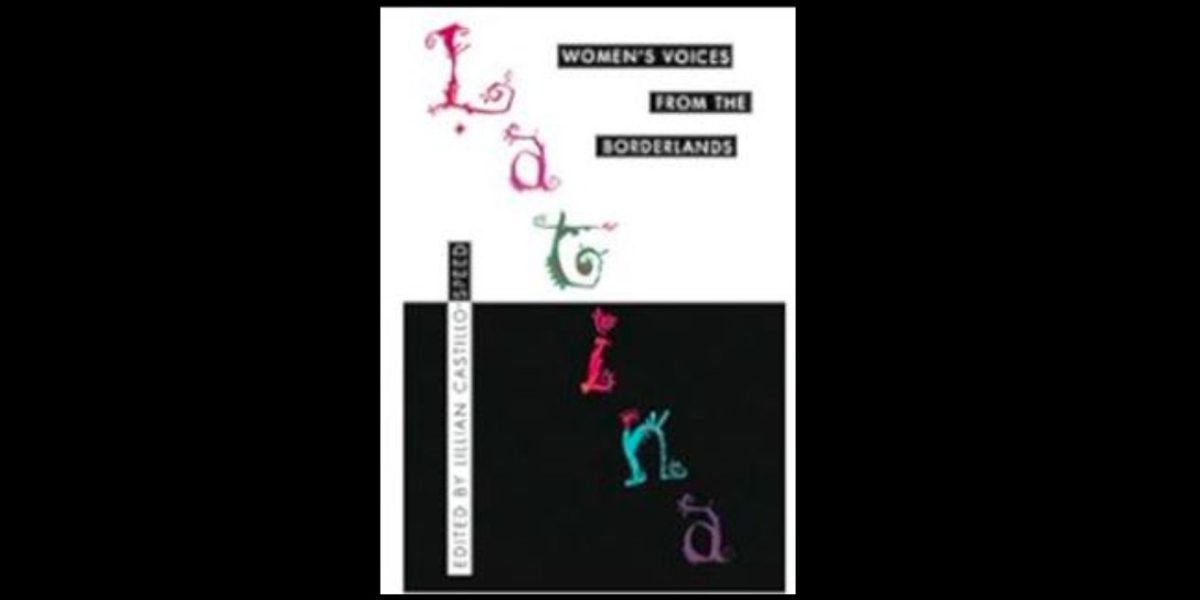A Glimpse into Lilian Castillo-Speed's Work
Lilian Castillo-Speed’s groundbreaking book, “Latina Women’s Voices from the Borderlands,” offers a compelling and nuanced exploration of the experiences, perspectives, and voices of Latina women living in the borderlands. Through meticulous research and interviews, Castillo-Speed sheds light on the multifaceted lives and narratives of these women, illuminating the rich tapestry of their identities and the complex socio-political context in which they exist. In this blog post, we’ll delve into the profound insights and stories that emerge from the pages of this remarkable work.
Borderlands: A Liminal Space
The U.S.-Mexico borderlands have long been a site of both division and convergence, serving as a liminal space where cultures, languages, and identities intersect. Castillo-Speed captures the essence of this complex region, highlighting how Latina women navigate and negotiate their identities in this unique and dynamic environment. She argues that the borderlands are not just a geographical location but a state of being, where identities are constantly in flux and subject to external pressures and expectations.
Resilience and Resistance
One of the central themes that emerges from Castillo-Speed’s work is the incredible resilience and resistance of Latina women in the borderlands. These women face numerous challenges, from economic inequality to discrimination and violence, yet they persist and thrive. Through their stories, we witness their unwavering determination to overcome adversity and create better lives for themselves and their families.
The Power of Stories
“Latina Women’s Voices from the Borderlands” is a testament to the power of storytelling. Castillo-Speed skillfully weaves together the narratives of Latina women, allowing their voices to take center stage. Through their stories, readers gain insight into the complexities of identity, belonging, and community. These narratives challenge stereotypes and offer a more nuanced understanding of Latina women’s experiences.
Intersectionality
Castillo-Speed’s work also highlights the importance of intersectionality in understanding the lives of Latina women in the borderlands. These women navigate multiple layers of identity, including race, ethnicity, gender, class, and immigration status. By acknowledging these intersecting identities, Castillo-Speed emphasizes the need for a more inclusive and holistic approach to social justice and activism.
Immigration and Deportation
Immigration and deportation are recurring themes in the lives of Latina women in the borderlands. Many face the constant fear of deportation, separation from their families, and the uncertainty of their immigration status. Castillo-Speed’s research sheds light on the human consequences of immigration policies and the profound impact they have on the lives of these women and their communities.
Community and Solidarity
Despite the challenges they face, Latina women in the borderlands find strength and support in their communities. Castillo-Speed’s work underscores the importance of solidarity and collective action in the face of adversity. These women draw strength from their cultural traditions, familial bonds, and networks of mutual aid, demonstrating the resilience of community in the borderlands.
Conclusion
“Latina Women’s Voices from the Borderlands” by Lilian Castillo-Speed is a powerful and enlightening work that amplifies the voices of Latina women living on the border. Through their stories, we gain a deeper understanding of the complex and diverse experiences of these women and the unique challenges they face. Castillo-Speed’s book serves as a call to action, urging us to listen to and uplift the voices of marginalized communities and to work towards a more inclusive and equitable society where all voices are heard and valued.



